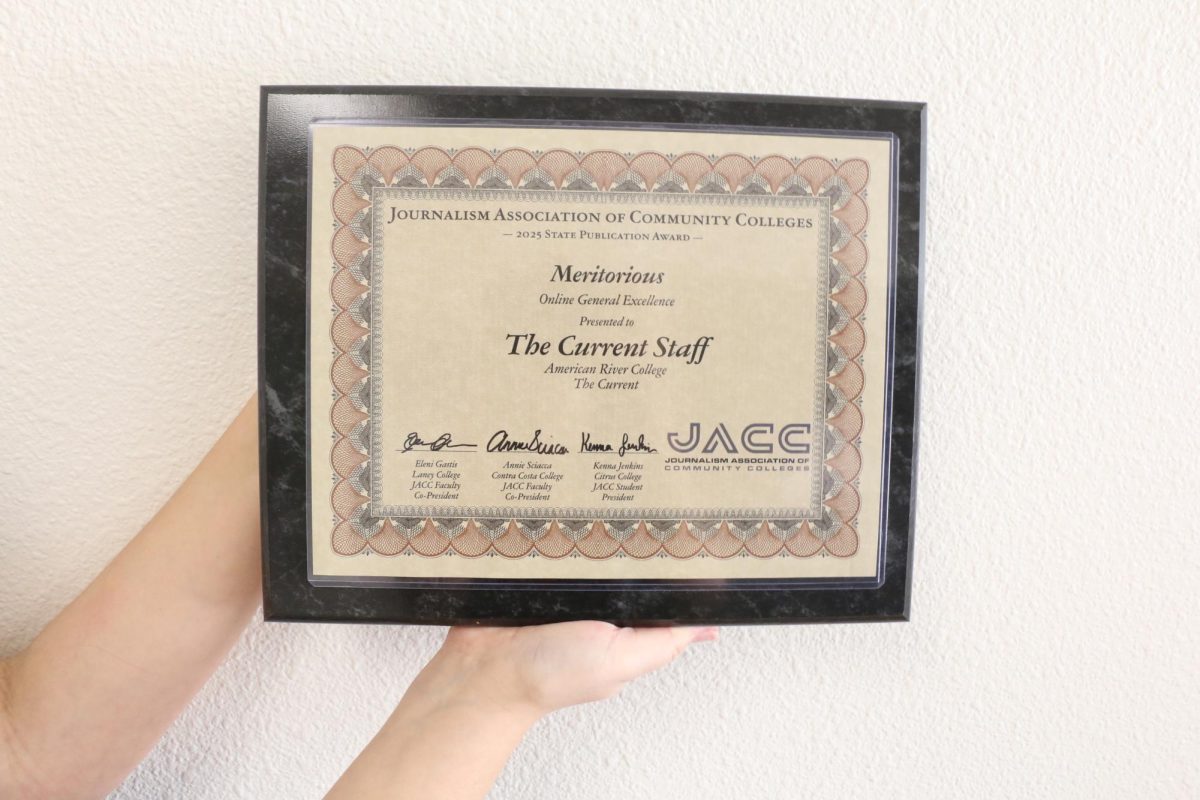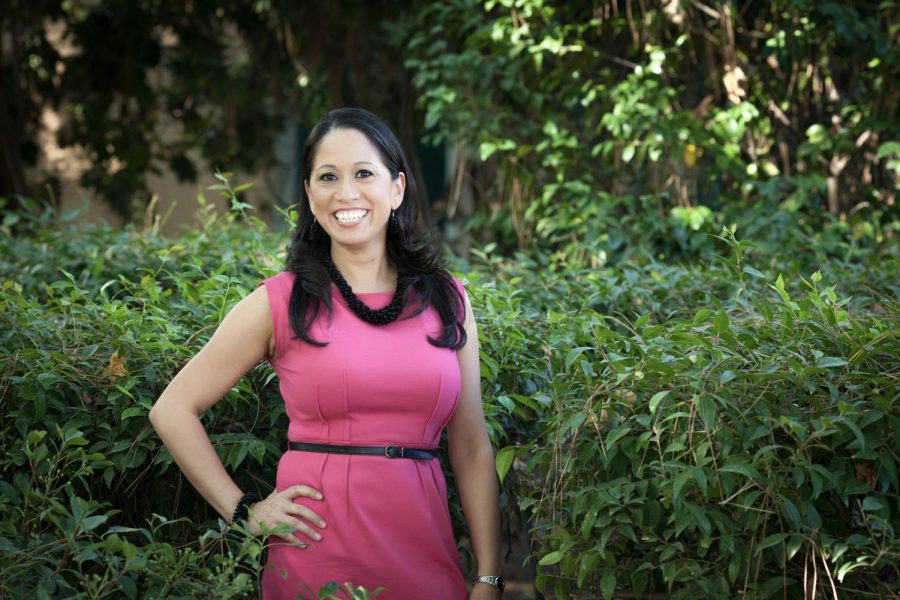American River College officials are reacting positively to a law adopting an “affirmative consent” standard for sexual consent on college campuses that will now be incorporated into student orientation.
Currently the district office’s student service department is working on incorporating the new law by reviewing videos and content.
Changes are expected to be made to the orientation by spring of 2015 at the latest.
Gov. Jerry Brown signed the “Yes means Yes” law on Sept. 28 in an attempt to change the way campuses deal with sexual assault.
“I will help my students understand why ‘no means no’ was inadequate and how ‘yes means yes’ puts sexual assault in a new light,” ARC human sexuality professor Roger Stein said.
Stein believes the new law is a step in the right direction.
“It’s been this idea that if she didn’t say no she must have been okay with it at some point,” Stein said. “It’s going to be a very different story now.”
The new law requires affirmative consent to be “ongoing throughout a sexual activity” and clearly states that a lack of resistance or silence does not constitute consent.
The law further states that intoxication, unconsciousness, or mental and physical conditions are not valid excuses when handling complaints of sexual assault.
Professors who have been teaching the traditional “No Means No” standard must now take into account the new law and how it will possibly require them to change their lesson plan.
“There is a nationwide problem with sexual assault,” said human sexuality professor Lori Hokerson.
Hokerson believes that the new law will decrease the occurrence of incidents and increase the amount that are reported.
“In my class I always emphasize responsibility,” Hokerson said. “I will continue to educate the way that I always do. My students need to know the law to protect themselves. There needs to be an ongoing discussion during sexual activities.”
Brenna Lammerding, a representative of Women’s Education for Advancement and Empowerment, or Weave, who recently gave a presentation at ARC, also says that the new law is an advancement for victims who want to report what was done to them.
“I think that the ‘Yes means Yes’ law is a way for people to feel safe reporting on campus,” Lammerding said.
Study estimates conclude that a mere 13 percent of rape survivors report their assault to authorities.
Currently the Department of Education has open investigations on at least 55 college campuses, including the University of California at Berkeley and the University of Southern California for possibly violating federal law when handling sexual violence and harassment complaints.
The new law states that colleges are required to provide outreach programs to assist everyone involved in sexual assault, stalking, and domestic violence on campus and that these programs should be implemented into student orientation.
Campus officials that deal with these reports will now be required to undergo a “comprehensive, trauma-informed training program” that will better inform them on how to correctly handle investigations and the delicate process of responding to survivors.
The Los Rios Police Department is responsible for handling all cases involving sexual assault, domestic violence, and stalking on campus.
“The district puts us through awareness training mostly geared towards sexual harassment and then we have continued ongoing training. Sexual assaults are a component of that,” Los Rios Police Department Sgt. Mike Olson said.
Olson is unsure of how the new law’s requirements will size up next to the training currently in place.
All Los Rios police officers are currently going through mandated domestic violence training which is an 8 hour online class that will be completed by all officers by the end of the year.
“When you consider the population as well as the geographical size of the district, we do not have a very high number of sexual assaults on campus,” said Olson.
2013 was the first year that the federal government mandated separate tracking for domestic violence and stalking statistics, so ARC has no history of these reports to compare, but Olson said that “the numbers for stalking and domestic violence last year were very low.”
Los Rios Police detective Tanya Racki is the primary sexual assault officer for American River College.
California is the first state to pass a law of this kind, but many schools across the nation have already been applying affirmative consent on their campus for decades.
“Every student deserves a learning environment that is safe and healthy…the state of California will not allow schools to sweep rape cases under the rug,” Sen. Kevin DeLeon, D-Los Angeles, said in a press release. DeLeon introduced the “Yes means Yes” legislation. “We’ve shifted the conversation regarding sexual assault to one of prevention, justice, and healing.”
President Barack Obama recently partnered with university leaders, the media, celebrities, athletes, and grassroot organizations to launch the awareness campaign “It’s On Us,” which is fighting to end sexual assault on college campuses.
A website, itsonus.org, gives people information on how they can “be a part of the solution” and has an option to sign the “It’s on Us” pledge.
A new app available for free on iTunes and GooglePlay named “Good2go” has been created to help with consent during sexual activities and allows partners to disclose their sobriety and whether or not they consent to sex.








